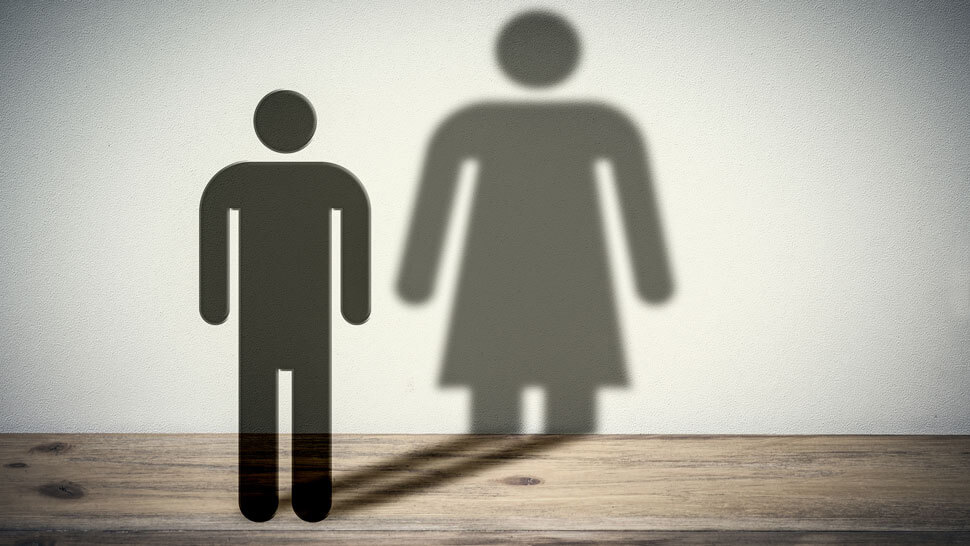
Is the refusal to accept that trans women are women a philosophical belief?
22nd January 2020

Use of the protection
An Employment Tribunal held in Forstater v CGD that the claimant’s views as expressed on social media – in particular, her refusal to accept that trans women are women – were not protected under the Equality Act 2010 (EqA 2010).
The tribunal’s decision suggests that employees cannot use the protections given by the Equality Act 2010 or the Human Rights Act 1998 to make discriminatory comments, such as that trans women are not women or that trans men are not men.
How is belief defined in law?
The Equality Act 2010 provides that “religion or belief” is a protected characteristic. Section 10 of the Act defines belief as follows: “Belief means any religious or philosophical belief and a reference to belief includes a reference to a lack of belief.”
To qualify as a ‘philosophical belief’ under the Equality Act 2010, the belief must satisfy these five criteria:
- the belief must be genuinely held
- it must be a belief, and not an opinion or viewpoint based on the present state of information available
- it must be a belief as to a weighty and substantial aspect of human life and behaviour
- it must attain a certain level of cogency, seriousness, cohesion and importance
- it must be worthy of respect in a democratic society, not be incompatible with human dignity and not conflict with the fundamental rights of others.
How were her views expressed?
Maya Forstater was a researcher and writer on matters relating to public policy, tax and business. She was engaged by the Centre for Global Development (CGD). She first became concerned about proposed changes to the Gender Recognition Act 2004 (GRA 2004) in 2017 because of proposals for a move to permit people to self-identify their gender.
Contact our Employment and Immigration team now.
She became active on social media on the topic of GRA 2004 and her beliefs about sex and gender. In September 2018, she became involved in her personal capacity in the debate about proposed reforms to the Act. Her employer received complaints that some of her tweets were “transphobic.”
She was accused of using “offensive and exclusionary” language in tweets opposing government proposals to reform the Act to allow people to self-identify as the opposite sex.
Ms Forstater’s contract was not renewed, and she complained of discrimination on grounds of her belief.
How did they fall short of the criteria?
It was acknowledged by the tribunal that the claimant’s belief met the first four criteria, but failed to meet the fifth, concluding that the claimant’s view, in its absolutist nature, was irreconcilable with human dignity and the fundamental rights of others.
The claimant’s view went so far as to deny the right of a person with a Gender Recognition Certificate (GRC) to be the sex to which they had transitioned. An individual who has transitioned should be permitted to live as a person of the sex to which they had transitioned and that was recognised in the GRA 2004, which states that the change of sex applies ‘for all purposes’.
The claimant disregarded the ‘enormous pain that can be caused by misgendering a person’, even if that person has a GRC. Her position remained that, even if a trans woman has a GRC, she cannot honestly describe herself as a woman.
Notwithstanding the qualified right to freedom of expression, people cannot expect to be protected if their core belief involves violating others’ dignity and/or creating an intimidating, hostile, degrading, humiliating or offensive environment for them. Addressing a trans woman as a man is likely to be greatly distressing and may be unlawful harassment.

Contact our Employer Support team now.
The tribunal concluded that the claimant’s absolutist belief that sex is biologically unchallengeable and that it is not possible to change sex, as well as her belief that she does not recognise that a trans woman is, in reality, a woman, or that a trans man is, in reality, a man, is not protectable as a ‘philosophical belief’ under the Equality Act.
How does this sit with freedom of speech or expression?
Some might find this decision surprising, as they may view this case as one concerning the claimant’s freedom of speech.
On the one hand, the employment judge recognised that there was nothing to stop the claimant campaigning against the revisions to the Gender Recognition Act, or articulating her view that there should be some spaces that are restricted to women assigned female at birth. It is not an implication of this ruling that vulnerable women will not be able to inhabit safe spaces.
The tribunal clarified that ensuring the protection of vulnerable women does not rest on holding a belief that biological sex is unchallengeable. In particular circumstances, it may be acceptable to exclude certain trans women from spaces that are generally only open to women. This is because sensitivity may be required; for example, if considering trauma suffered by users of the space who have been subjected to sexual assault. This may be lawful under the Equality Act 2010 if it is a proportionate means of achieving a legitimate aim.
Nonetheless, the tribunal’s decision illustrated that she could do so without insisting on calling trans women men, or trans men women. The tribunal said that as her belief essentially involves violating the dignity of others, it is not protected under the Equality Act.
Whilst freedom of expression is a qualified right, the tribunal concluded that it is legitimate to exclude a belief that harms the rights of others by refusing to accept the full effect of a GRC, or simply causing harassment to trans women by asserting they are men and to trans men by asserting they are women. Adopting an absolutist approach is not protectable as a ‘philosophical belief’ under the Equality Act 2010.
Ms Forstater is crowdfunding to appeal this decision so this case may go further.










